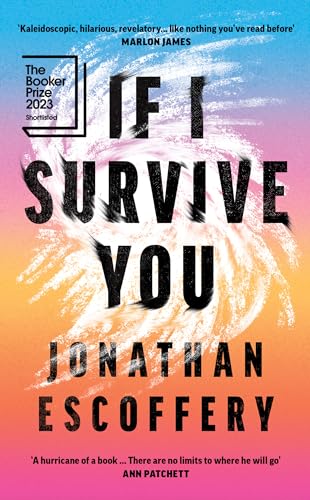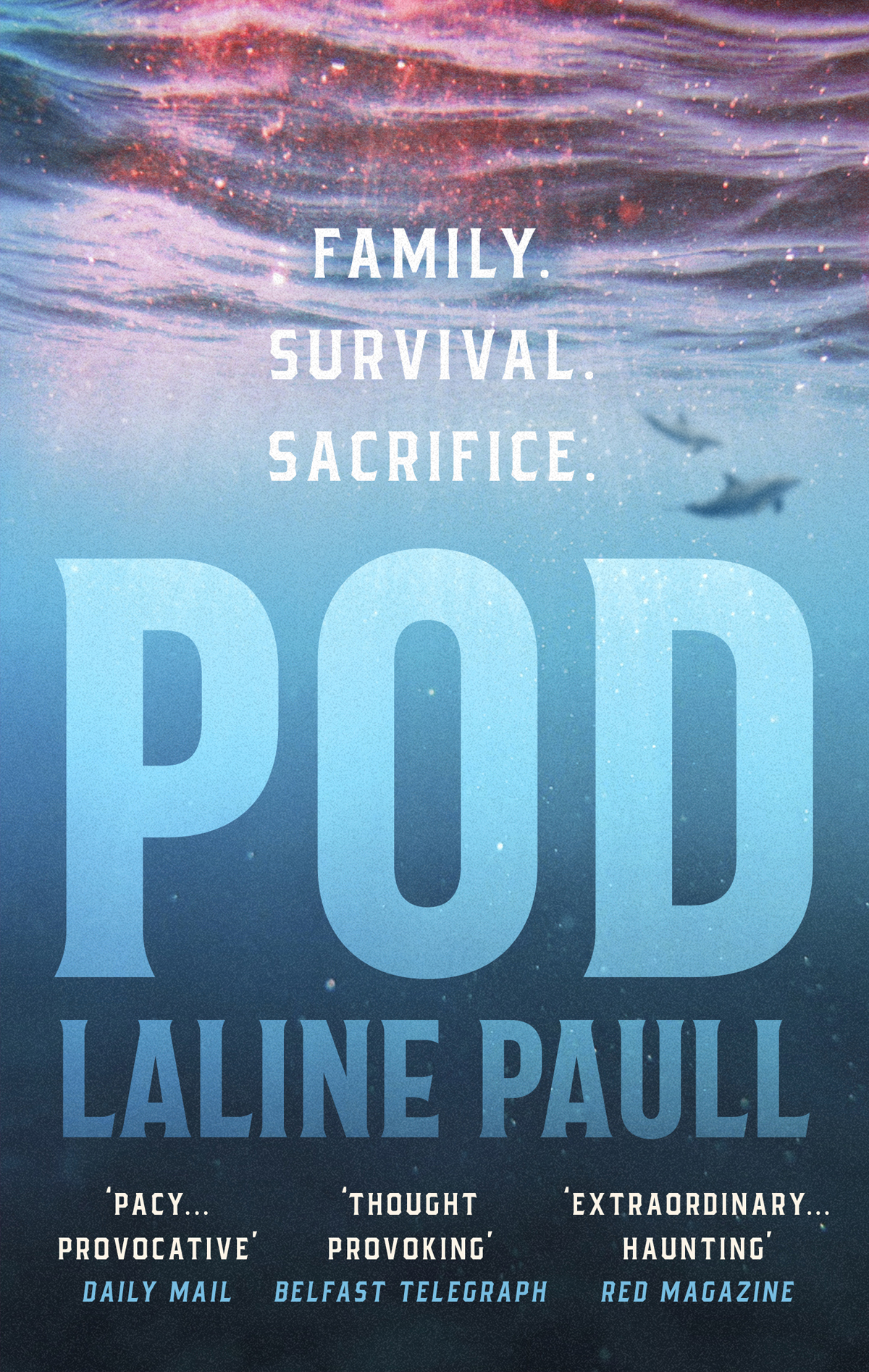If I Survive You is Jonathan Escoffery’s debut novel, published earlier this year. Quite an achievement to be shortlisted for the Booker on your first attempt! It is described by the publisher as a series of linked short stories, following the fortunes of a family living in Miami. The parents left their native Jamaica when they were young, in the 1970s, when there was civil and political turbulence in the country, looking for a better life and a better future for their two sons, Delano and Trelawney. Each of the chapters follows a different character or stage of a character’s life. Trelawney’s story, however, makes up the bulk of the book.
The family is neither settled nor happy. The father, Topper, works mostly as a labourer in building and landscaping. They eventually own their own home and he runs his own small business, but the house is structurally unsound and in a state of gradual decay – a metaphor perhaps for the family’s fortunes generally. The parents eventually separate after many years of unhappiness, and Sanya, the mother, returns to Jamaica. The country is still, at that stage, troubled by unrest and political turmoil but she finds that preferable to life in the United States.
Delano is the elder of the two brothers. He aspires to be a musician, but when responsibility is foisted on him fairly early in life (his partner becomes pregnant) he sets up his own landscaping business. Trelawney is very different to his brother and the two are at loggerheads for most of the book. Even as children they fought bitterly and were cruel to one another, not helped by the fact that their father seems to favour Delano. It is not clear why. When the parents separate, they each take one boy to live with them, and Topper takes Delano, making it quite clear that he does not want Trelawney, seems even to fear him somehow. Possibly because Trelawney has greater potential, is more academic and gets a college degree. It’s as if his father considers him better able to look after himself. Delano, he seems to believe, needs him more, but this creates a toxic environment around the relationship between the three men.
In spite of his education, Trelawney does not have it easy, however, and it is his story we follow most closely. He is mostly homeless, at times even living in his car, which he can barely afford to put fuel in. He works in various dead-end jobs until finally securing a position as the manager of a housing block for elderly people, where he is forced to do the company’s bidding, maximising revenue at the expense of the ageing and frail inhabitants. Trelawney is a young man who has done everything that has been asked of him to participate fully in American society and yet as a Black man he remains subject to casual racism and systemic discrimination. Even his girlfriend’s family, themselves Latin American immigrants, cannot accept him and are openly hostile. We learn that Trelawney is relatively light-skinned, which makes him an outsider even in the Black community – perhaps that is also why he is rejected by his father? He cannot find anywhere that he fits, a home, a sense of belonging.
A further motif that runs through the book is the Hurricane Andrew disaster, one of the most devastating ever to hit Florida. It represents one of the actual events that citizens had to try and ‘survive’, but for Trelawney, his brother, his whole family and countless others, there are many other daily battles for survival.
This is a powerful novel in many ways – the characters, particularly the three central males, are well-drawn. The author writes about racism and discrimination in a way that only a person intimately acquainted with such experiences could. He also writes honestly and sympathetically about a deeply dysfunctional family, particularly where paternal relationships are concerned. For me, the weakness of the novel lies in the lack of a narrative thread. In many ways it is series of ‘shorts’; I am reminded of Bernardine Evaristo’s Booker-winning Girl, Woman, Other here, but that book was more successful, I think, because each of those stories could have stood alone. That is not the case with If I Survive You where each story only makes sense in relation to the whole. And yet, there is not a strong enough story, for me, to hold the whole thing together.
In writing this review, I have struggled to recall certain details, for example, when it is set (from Wikipedia I learn that Hurricane Andrew struck in 1992) and the names of most of the minor characters. Beyond the profound sense of unease about injustice, racism and societal trauma, I find myself unable to answer the question about why this book should be a Booker-winner.
Recommended, but perhaps not heartily.



